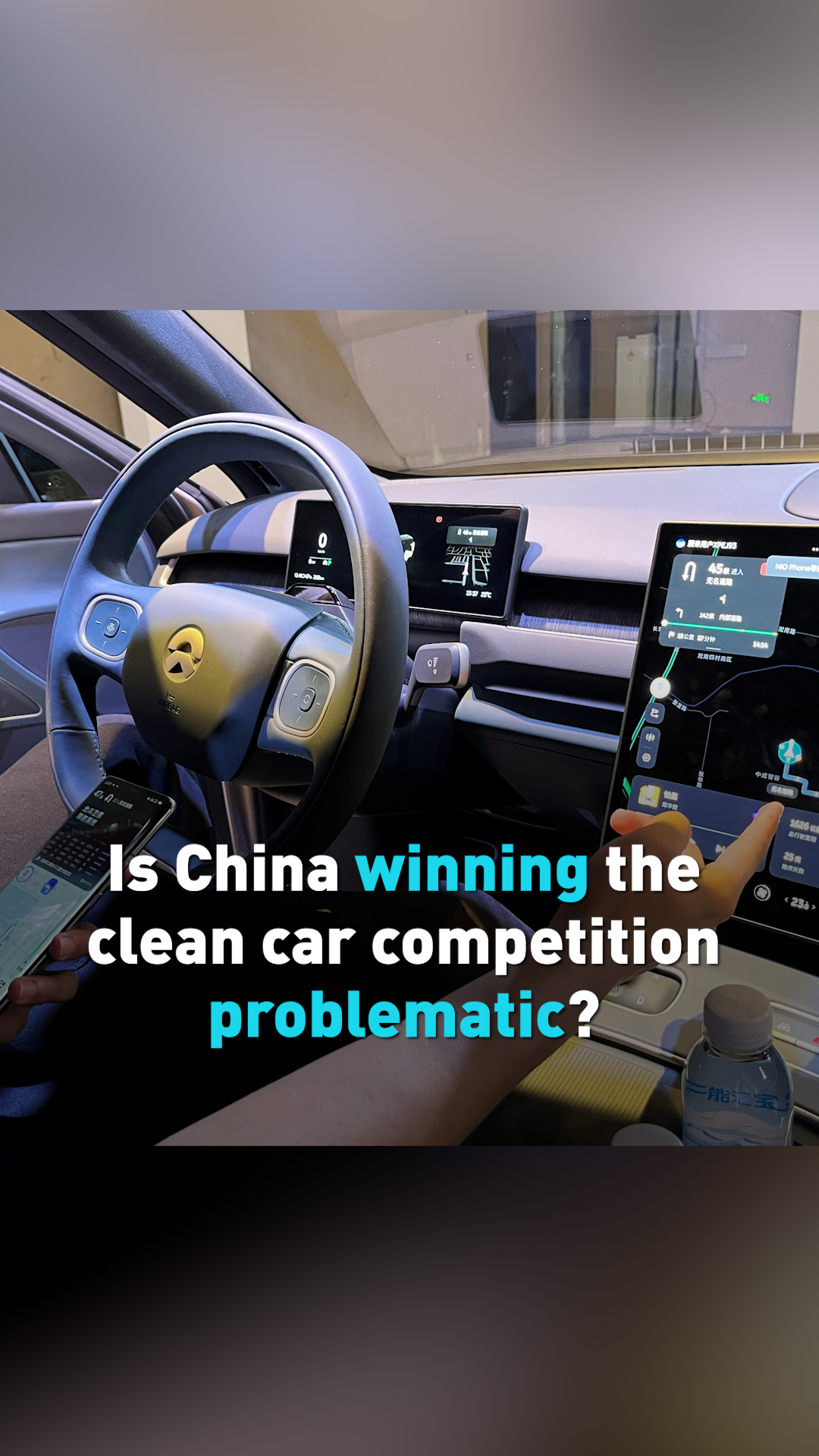The European Union is set to investigate China’s electric vehicle (EV) subsidies. The European Commission probe will determine whether to impose punitive tariffs on Chinese EVs, sold at a lower price than European models. EU officials contend China's price advantage is the result of unfairstate subsides. Beijing says that's not so.
01:58

The EU wants to shield European electric car producers from cheaper Chinese competition. Brussels is launching a probe into Beijing’s electric vehicle (EV) subsidies that help keep costs low.
China’s Commerce Ministry has condemned the EU decision and called it “naked" protectionism. The EU says it is open to competition, including in the EV field, but views China's subsidies as unfair.
During trade talks between China and the EU on Sept. 25, China urged restraint.
"China once again expresses its high concern and strong dissatisfaction with the EU's plan to launch an anti-subsidy investigation into Chinese electric vehicles." said Chinese Vice-Premier, He Lifeng. He added " We hope that the EU side will deal with that issue with caution and continue to maintain a free and open market. This is good for European consumers, good for Europe's green and low-carbon development, and good for global cooperation on climate change."
China has emerged in recent years as the world’s largest new energy car market. It quadrupled its stock of EVs from 2019-2022, according to the International Energy Agency.
Policies and incentives have been implemented by the Chinese government over the years to promote EVs. The measures are designed to combat pollution and reduce the country’s carbon footprint. Some of the measures include a carbon credit system similar to one in place in the EU.
China has further accelerated its transition to EVs by building a widespread network of charging stations. Domestic manufacturers have been able to quickly scale up production.
For more, check out our exclusive content on CGTN Now and subscribe to our weekly newsletter, The China Report.